The Consortium
There are over 40 people working across the UK-MaRes Hub, including the Director, Co-Directors, Co-Investigators, Researchers, Technicians and Professional Service Staff, all passionate about driving forward the research and innovation needed to create meaningful change across the sector. See below to find out more about the people involved.
Filter by
Dr Angad Panesar
Principal Lecturer in Mechanical Engineering at University of Brighton
Dr Angad Panesar is a Principal Lecturer in Mechanical Engineering. His research focuses on sustainable energy technologies, and he leads the STEP Lab (Sustainable Technology & Engineering Projects) at the University of Brighton.
He has successfully delivered technology readiness levels 2 to 8 projects in energy conversion, propulsion, sustainable fuels and energy storage, via simulation and experimental methods applied to transport and stationary applications. He has concept-to-commissioning experience on new large-scale energy recovery test facilities, to operational experience on advanced heavy-duty research engines.
His role also encompasses leadership on engineering courses, and Student Engagement Lead at the faculty.
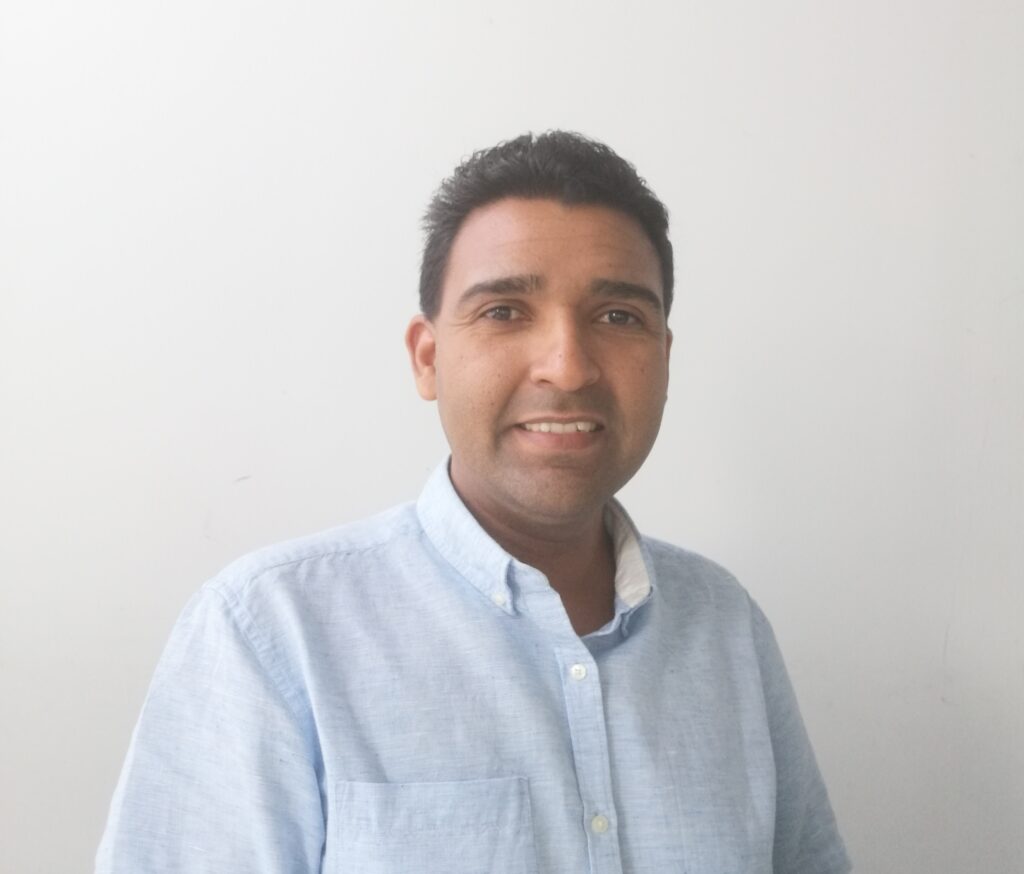
Dr Asefe Forghani
Research Fellow for Leading Co-innovation Methodology & Maritime Decarbonisation
Asefe holds a BSc, MSc, and PhD in Industrial Engineering, with over 10 years of academic and industrial experience in operational research and optimisation. Her expertise lies in data-driven optimisation, simulation, and maritime logistics. She is proficient in modelling and optimisation tools, with extensive hands-on experience in C++, Julia, Python, CPLEX, Gurobi, and AnyLogic.
She is currently a Postdoctoral Researcher contributing to leading co-innovation methodology within the UK National Clean Maritime Research Hub, based at Cranfield University. Her research focuses on designing an energy-aware decision support system that integrates machine learning-based forecasting, mathematical modelling, heuristic optimisation, and simulation to support the decarbonisation of port and vessel operations. Prior to this, she was engaged in a postdoctoral project funded by Innovation Fund Denmark, focusing on the decarbonisation of discharging and loading operations at Roll-on/Roll-off terminals under uncertainty, in collaboration with the Technical University of Denmark and Roskilde University.
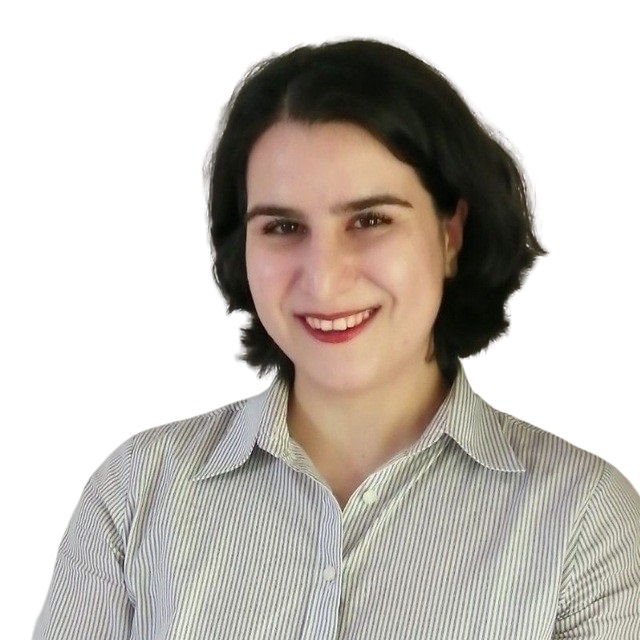
Dr Claire Copeland
Policy Fellow (Clean Maritime Research)
Claire has a background in Life Cycle Assessment having worked as a consultant/analyst in this area in a number of different roles across academia and industry.
Claire undertook a placement with the Parliamentary Office of Science and Technology in 2015 conducting research focusing on the future of natural gas before moving back into academia as a Research Fellow at the University of Sussex in 2017.
Claire has undertaken a number of roles at Durham University since 2023. Firstly as an Associate Researcher exploring local and regional energy planning in the North East Region, and more recently as a Senior Innovation Associate with the Arrow Programme, part if the In-TUNE project, a collaboration between Durham, Newcastle, Northumbria and Sunderland Universities and the Centre for Process Innovation (CPI).
As Policy Fellow, Claire is now leading on policy initiatives for the Clean Maritime Research Hub.

Dr Cliff Dansoh
Senior Lecturer at School of Architecture, Technology and Engineering at University of Brighton
Cliff begun his career as a Chief Petty Officer in the Royal Navy, managing onboard marine engineering including power generation/ propulsion and maintenance, later serving as Assistant Royal Navy Liaison Officer overseeing wharf management and operations at Sembawang Naval Wharfs (Singapore).
Cliff holds a doctorate from the Open University for research into the potential for renewable energy and energy storage to be employed to produce potable water from seawater using reverse osmosis desalination.
Cliff took part in consultancy projects producing safety assessments for Associated British Ports. More than 15 years of consultancy experience relating to the transportation and renewable energy sectors inform his current research and teaching.
Research Interests:
Maritime Systems, Solar (PV and Thermal) power, Bioenergy (Biomass and Biofuels), Wind power, Ocean (Tidal and Wave Power), Energy storage and Fuel cells, Innovation processes and Engineering Management.
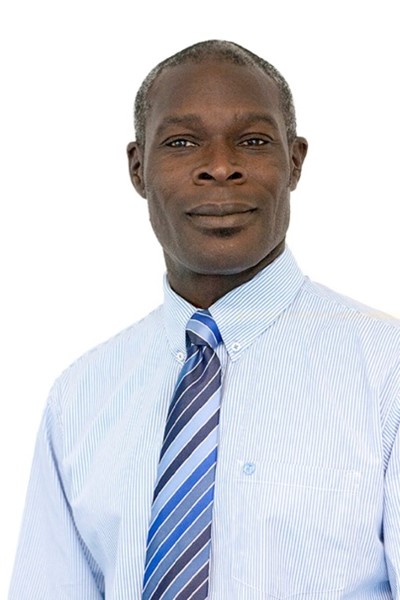
Dr Dawei Wu
Associate Professor in Mechanical Engineering at University of Birmingham
Dr Dawei Wu graduated from Shanghai Jiaotong University before he joined Newcastle University as a research fellow. He became a Lecturer and later a Senior Lecturer in Marine Engineering at Newcastle University’s School of Engineering before moving to the University of Birmingham in 2020.
Dr Wu’s research strength lies in zero-carbon fuels (such as hydrogen, ammonia, and e-fuels) and zero-emitting propulsion technologies for transport.
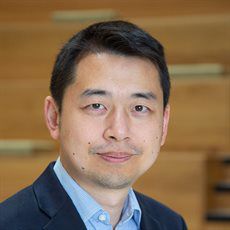
Dr Dibyendu Roy
Postdoctoral Research Associate in the Department of Engineering, at Durham University
Dr. Dibyendu Roy is a Postdoctoral Research Associate in the Department of Engineering at Durham University and a Fellow of the Durham Energy Institute. His research interests include multi-vector energy systems, hydrogen energy, fuel cells and electrolysers, bioenergy, and carbon capture and storage.

Dr Ebrahim Nadimi
Postdoctoral Research Fellow at the University of Birmingham
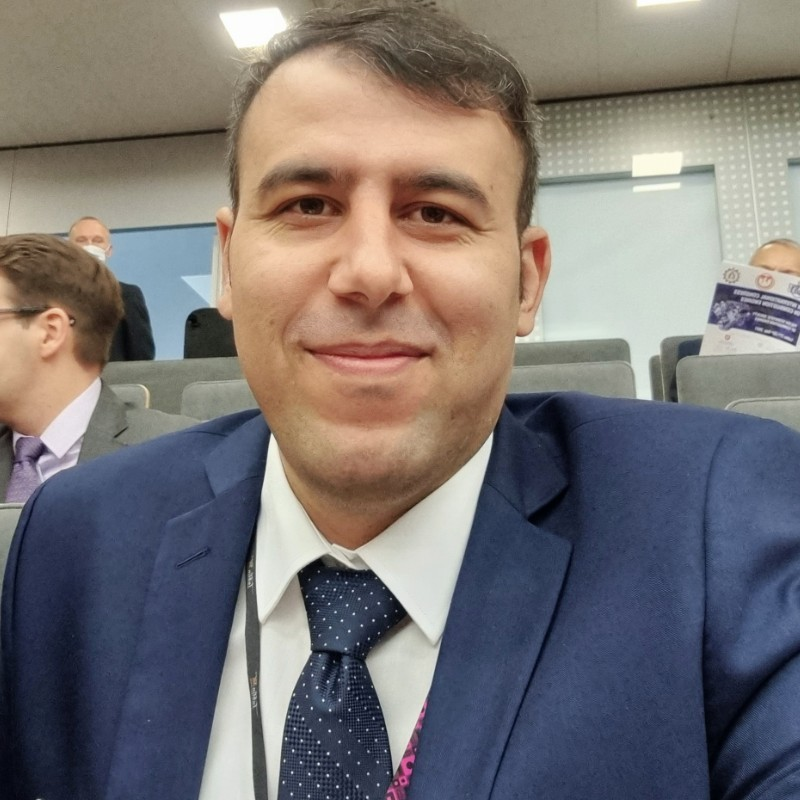
Dr Hanhuang Xie
Research Associate
Dr Xie’s research interests and expertise includes numerical simulations, computational fluid dynamics, numerical modelling and hydrogen energy.
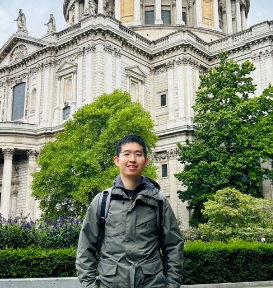
Dr Hazhir Ebbe-Abbasi
Research Associate in Hydrogen Safety
Hazhir has been a Research Associate at Ulster University since September 2024 and his research interests include hydrogen refuelling stations, computational fluid dynamics, thermodynamic modelling, hydrogen storage and renewable energy, amongst other topics.
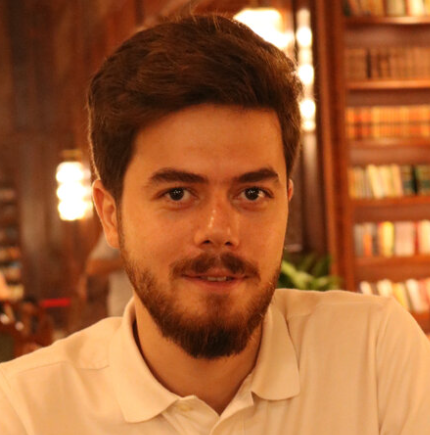
Dr Ioannis Moutzouris
Associate Dean for Engagement, Onassis Associate Professor of Shipping Finance and Sustainability at Bayes Business School, City University of London
Dr Ioannis C. Moutzouris is the Associate Dean for Engagement; an Onassis Associate Professor of Shipping Finance and Sustainability; and the Shipping and Energy Research Programme Lead at Bayes Business School (formerly Cass), City, University of London.
He is a Principal Academic Adviser at the UK DfT, a Co-Investigator of the UK National Clean Maritime Research Hub, and the UK Academic Director of the Greek Energy Forum.
His areas of expertise are shipping finance, economics, and sustainability; his work has been published in leading academic journals. Ioannis has worked as a naval engineer and as a consultant in the shipping industry.
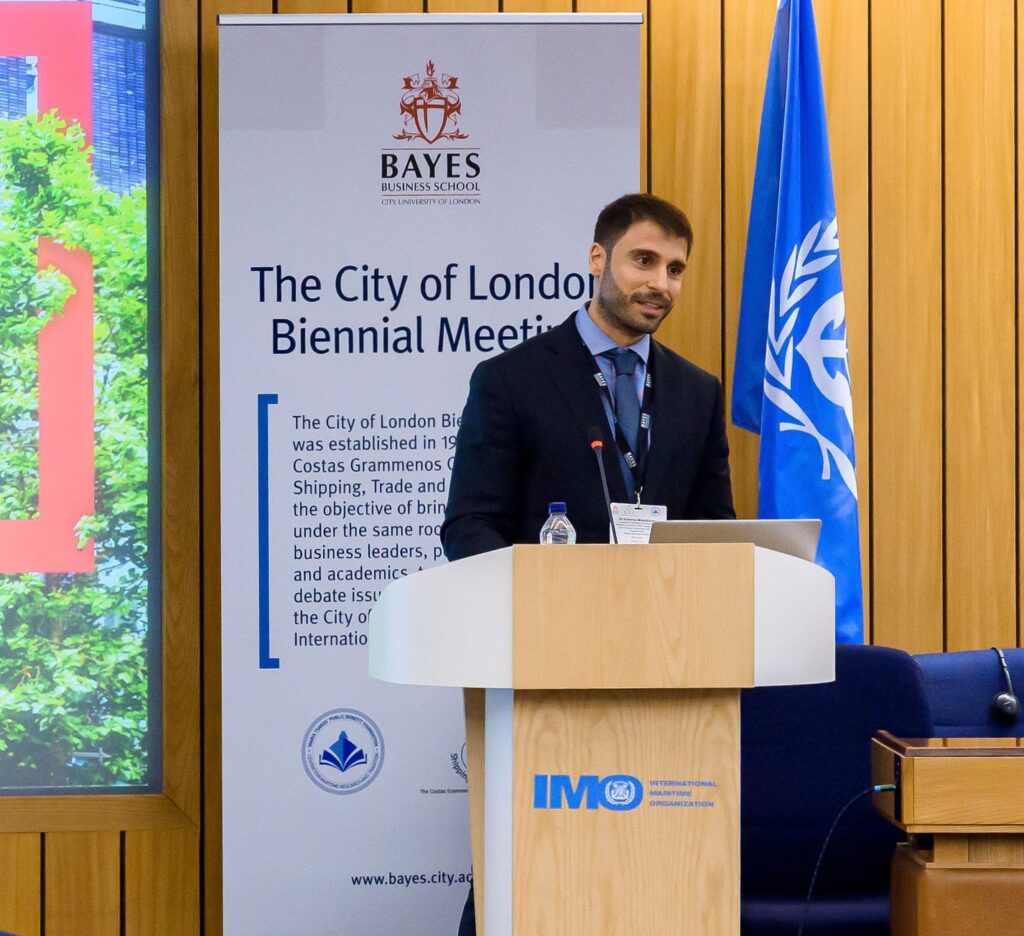
Dr Janie Ling Chin
Associate Professor in the Department of Engineering at Durham University
Dr Janie Ling Chin is Associate Professor in the Department of Engineering of Durham University, UK. Janie’s PhD focussed on life cycle assessment (LCA) of conventional, retrofit, and state-of-the-art power systems for cargo ships, and her areas of research cover LCA (and sustainability), energy systems integration, hydrogen technology, and thermal management.
Janie is Co-Director (Responsive Research Fund and EDI Champion) of the Hub, leading the Hub’s Responsive Research Working Group, EDI Action Group, and WP4.4 Energy system, energy consumption, lifecycle emissions and cost analysis. Also, she contributes to the Hub’s Co-Innovation Impact Group and Networking, Secondments and Mentoring Working Group.
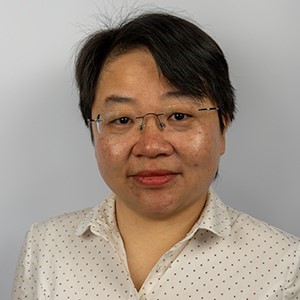
Dr Jean-Baptiste Souppez
Senior Lecturer in Mechanical, Biomedical and Design Engineering
Jean-Baptiste R. G. Souppez is a Senior Lecturer in Mechanical, Biomedical and Design Engineering at Aston University. He was awarded a National Teaching Fellowship for his outstanding impact on student outcomes and the teaching profession in higher education.
He is also a Principal Fellow of the Higher Education Academy and chairs the Assessment and Feedback Research Group at Aston University.
Thanks to his quality assurance expertise, he monitors the performance of professional bodies and the quality of education provided by higher education institutions on behalf of the Engineering Council, accredits higher education courses on behalf of both the Institute of Marine Science, Engineering and Technology (IMarEST) and the Royal Institution of Naval Architects (RINA), and is a Quality and Standards Assessor for the Office for Students as well as an invited expert for the Erasmus+ Key Action 2: Cooperation for Innovation and Exchange of Good Practices.

Dr Laurie Wright
Associate Professor of Marine Sustainability at Solent University
Dr Laurie Wright is driving knowledge and innovation for a sustainable low-carbon future. An Associate Professor and the founding director of the Centre for Marine Sustainability in the Warsash Maritime School, Solent University, he leads a multidisciplinary team addressing global maritime challenges through high-impact, applied research and innovation.
He specialises in decarbonisation and life cycle sustainability in the maritime sector. His team’s work includes pioneering clean alternative marine propulsion systems, investigating the impacts of marine pollution, and enhancing the safety of maritime workers. Their notable projects include the development of an autonomous vessel testing facility, innovations in hull architecture for improved vessel efficiency, the creation of a prototype zero-emission electric ferry, and advancements in maritime simulation realism.
Recipient of the prestigious international American Centre for Life Cycle Assessment (ACLCA) award for academic leadership; he is an author and editor, including of the recent ‘The Power of Life Cycle Assessment: Data Driven Decision Making for Environmental Sustainability’. He is also providing his expertise as a scientific advisory to several maritime working groups.
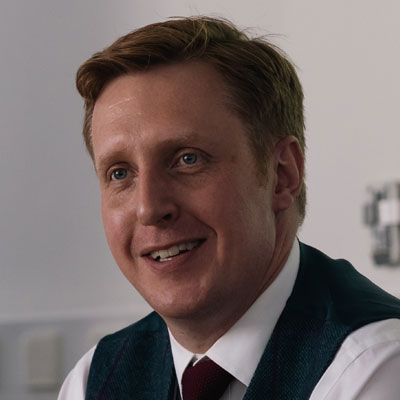
Dr Martin Smith
Hydrogen Accelerator Programme Coordinator & Project Manager/Senior Researcher at University of St Andrews
Martin is a graduate engineer, chemist, and environmental scientist with a PhD in Physics and Chemistry. After several years managing large-scale EU-funded fundamental R&D projects in Germany, Martin returned to Scotland, where he was struck by the lack of progress in energy conversion and storage technologies. Recognizing their critical role in addressing the intermittency issues of wind and other renewable energy sources, he sought to drive innovation in this space.

Dr Mengda Wu
PhD Student at University of Birmingham
Mengda Wu completed his MSc in Advanced Mechanical Engineering, in 2022, at the Univeristy of Brimingham, going on to pursue his PhD with the same institution.
Mengda has worked as a teaching assistant in fluid and thermodynamics and advanced fuels and powertrain systems at Brimingham, and as a researcher in Mechanical Engineering – Clean Energy Engineering.
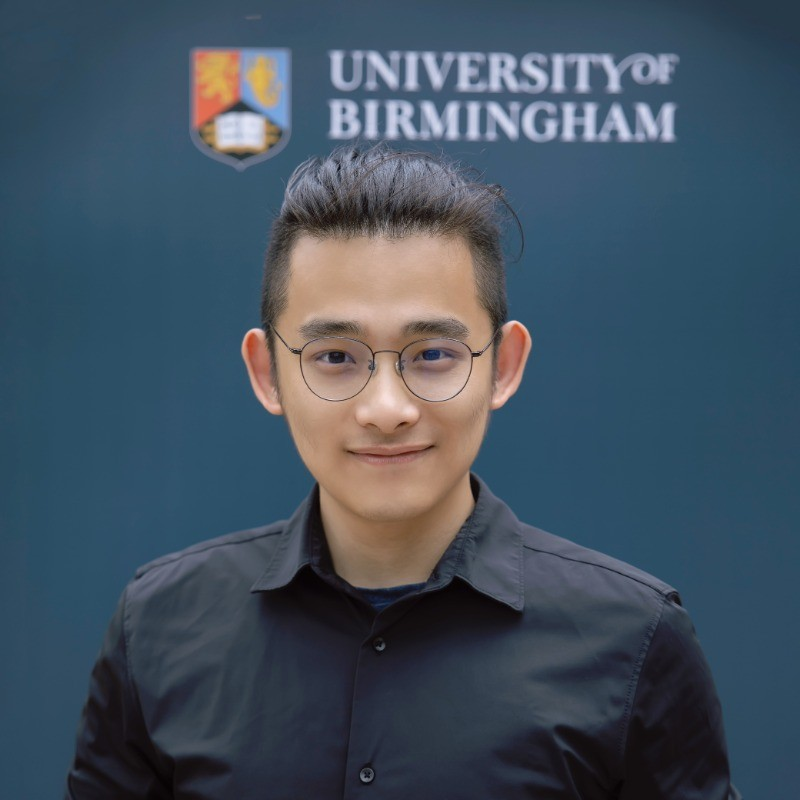
Dr Mrinal Bhowmik
Postdoctoral Research Associate
Dr Mrinal Bhowmik is committed to advancing affordable and clean energy solutions, with applications extending to the maritime sector.
After earning his PhD from IIT Guwahati, India, Dr Bhowmik worked as an Assistant Professor at Waseda University, Japan and is currently affiliated with the Department of Engineering at Durham University, United Kingdom.
Dr Bhowmik has over three years of post-PhD research and teaching experience at internationally renowned universities, with more than 15 articles published in high-impact international SCI journals. His research focuses on heat and mass transfer processes, carbon capture and storage, industrial waste heat recovery, and energy-efficient air conditioning systems, with a particular interest in reducing energy demands and improving sustainability in maritime operations.
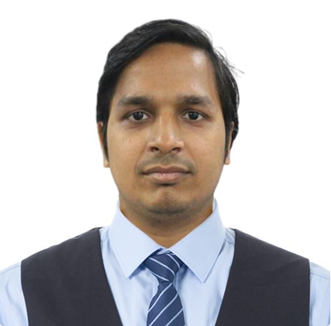
Dr Reza Eshtehadi
PDRA in Maritime Digitalisation and Decarbonisation at University of Liverpool
Dr Reza joined University of Liverpool Management School, as a PDRA in Maritime Digitalisation and Decarbonisation in March 2024.
Prior to this Reza has worked as a postdoctoral research fellow at the University of Portsmouth, Université Laval and Sabanci University.
Reza’s PhD is in Industrial Engineering, and was received from the Iran University of Science and Technology in 2017.
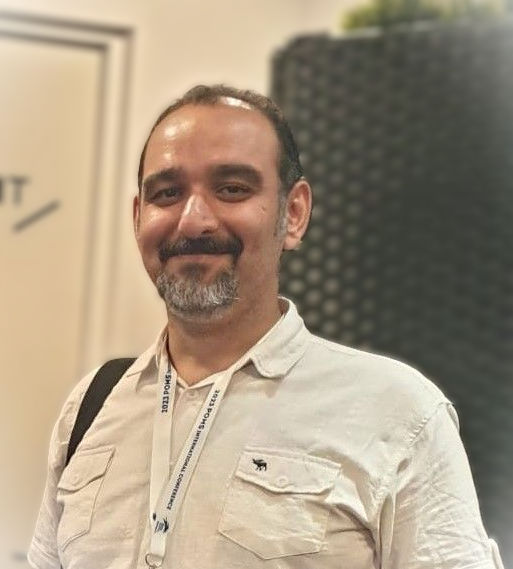
Dr Richard Williams
Research Fellow, UK National Clean Maritime research Hub
Dr Richard Williams is a mechanical engineer in the Department of Engineering at Durham University. He has a proven track record of delivered major research projects within the energy sector, using a range of computational, analytical, and experimental techniques.
His past research projects and research interests include, the decarbonisation of the maritime sector, direct air capture of low concentration fugitive emissions, industrial decarbonisation methods, online professional development learning, low grade heat, free piston engines, combined heat and power systems, electrical machine cooling, wind turbine asset management, wind turbine gearbox oil monitoring, turbomachinery secondary flow path sealing, skin friction measurements of aerospace coatings, propulsion and turbomachinery aerodynamics, including 3D blading and secondary flow features.

Dr Sergii Kashkarov
Lecturer in Hydrogen Safety
Sergii has been a member of the HYSafer Cenre at Ulster University since 2016 and is the co-inventor of the safety technology for composite vessels for hydrogen storage.
Sergii has expertise in CFD modelling of combustion, hydrogen storage thermal behaviour in a fire, analytical calculations of blast waves from high-pressure tank rupture and hazard distances.
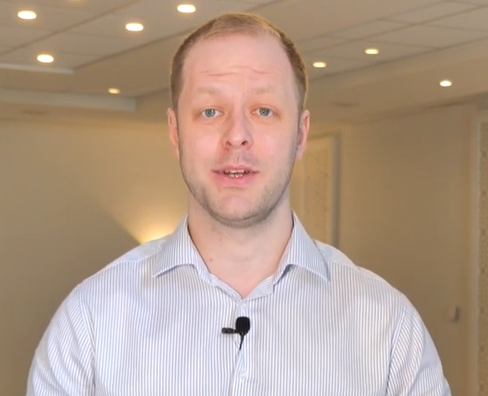
Dr Serkan Turkmen
Lecturer in Marine Engineering at Newcastle University
Dr Serkan Turkmen is a Naval Architect, Marine Engineer and currently Newcastle University lecturer in Marine Engineering.
His research interests are experimental and computational fluid dynamics, ship propulsion, performance monitoring, marine systems, alternative fuels, Marine 4.0, and Society 5.0.
His current research includes the novel Gate Rudder system, hydrogen-battery powered retrofittable propulsion system, direct drive generator for wave energy converters and biofouling prevention using UVc light.
He has been PI and Co-PI several national and international projects and the chairperson of Hydro Testing Forum.
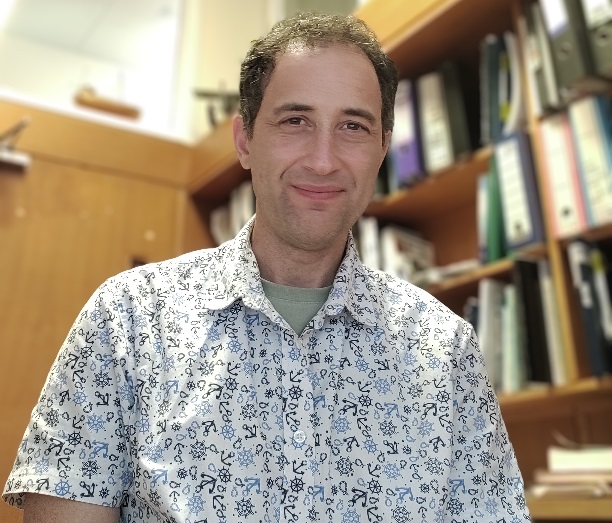
Dr Shu Wang
Research Fellow
Dr Shu Wang completed his MSc in Material Science and Engineering from Sun Yat-Sen University, China in 2017 and undertook his PhD studies at the Technical University of Denmark, before moving to Strathclyde University in his last year.
Shu joined the JTSI Research Group in 2024 as a Research Fellow and his main research interests focus on Methanol Solid Oxide Fuel Cells in Marine Demonstrations.
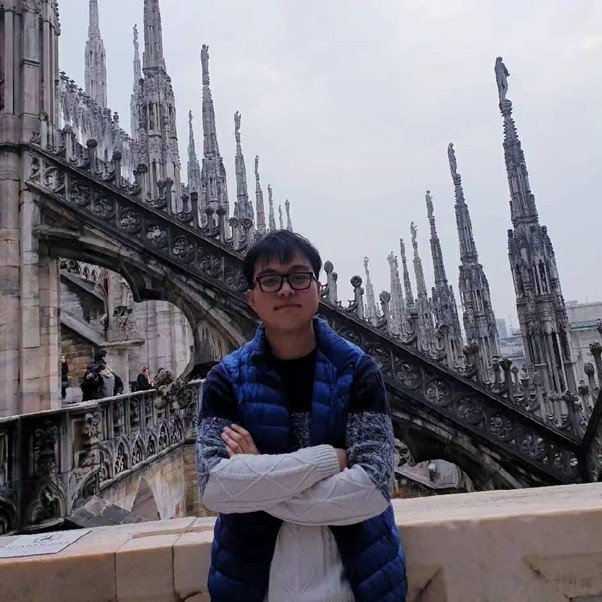
Dr Sikai Geng
Research Fellow at University of Nottingham
Sikai has been a member of the University of Nottingham since 2018, where he began his academic journey by pursuing a PhD in hybrid powertrains. His research made a significant contribution to the university’s work in advancing green energy solutions. After completing his PhD, Sikai continued as a researcher at Nottingham from 2018 to 2024, further honing his expertise.
In February 2024, Sikai took on the role of MariNH3 Research Fellow, continuing his work in the area of sustainable energy systems.
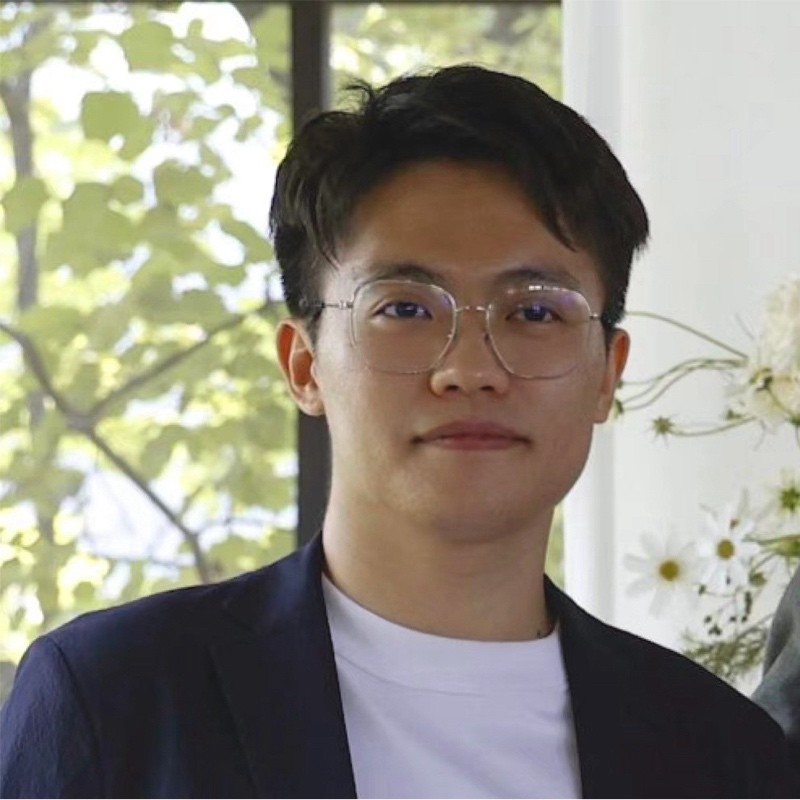
Dr Sina Fadaie Sestelani
Postdoctoral Researcher at the EBRI at Aston University
Sina is a Postdoctoral Researcher at the EBRI – Energy & Bioproducts Research Institute.
Sina completed his PhD in Civil Engineering (Geotechnical Engineering) at Aston University, UK. Sina’s research career began in early 2014, as a research assistant at the University of Guilan, Iran, working on stability problems in Geotechnical Engineering. During his master program, he was awarded the outstanding graduate student and his thesis was recognized as one of the selected theses in the area of Geotechnical Engineering. Now, he is working on a multi-disciplinary project with the highest score in College of Engineering and Physical Sciences Studentship Awards (academic year 2020-21, at Aston University) that focused on application of Fibre Optic Sensors to monitor geo-structures.
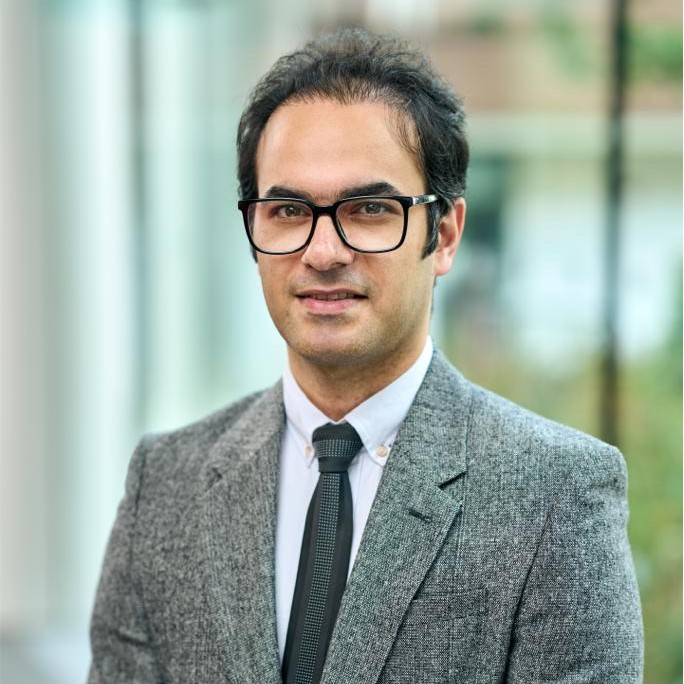
Dr Ugochukwu Ngwaka
Postdoctoral Research Associate
Ugo’s research interests and expertise focus on automotive engineering, fluid mechanics, energy research, heat exchangers and renewable energy technologies.
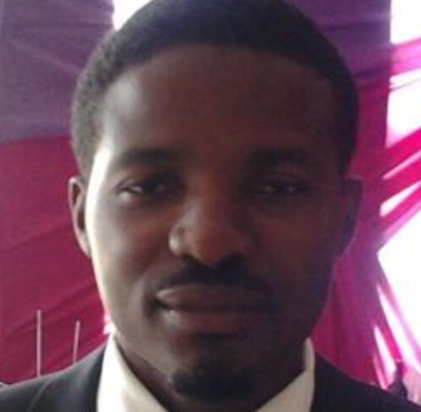
Dr Xiang Xie
NUAcT Fellow: Data and Digital at Newcastle University
Dr Xiang Xie is the Built Environment Fellow of the 1851 Royal Commission, and the Academic Track Fellow at the School of Engineering, Newcastle University. Before 2022, he was a Postdoctoral Research Associate at the Department of Engineering, University of Cambridge, and the UK Centre for Digital Built Britain (CDBB) since 2018.
Dr Xie’s research interests focus on data-driven asset management for smart infrastructure. He applied machine learning, knowledge graphs, and digital twins to facilitate the digital transformation of urban built environments and maritime domains. His work was awarded the Charles Manby Prize by ICE in 2024.
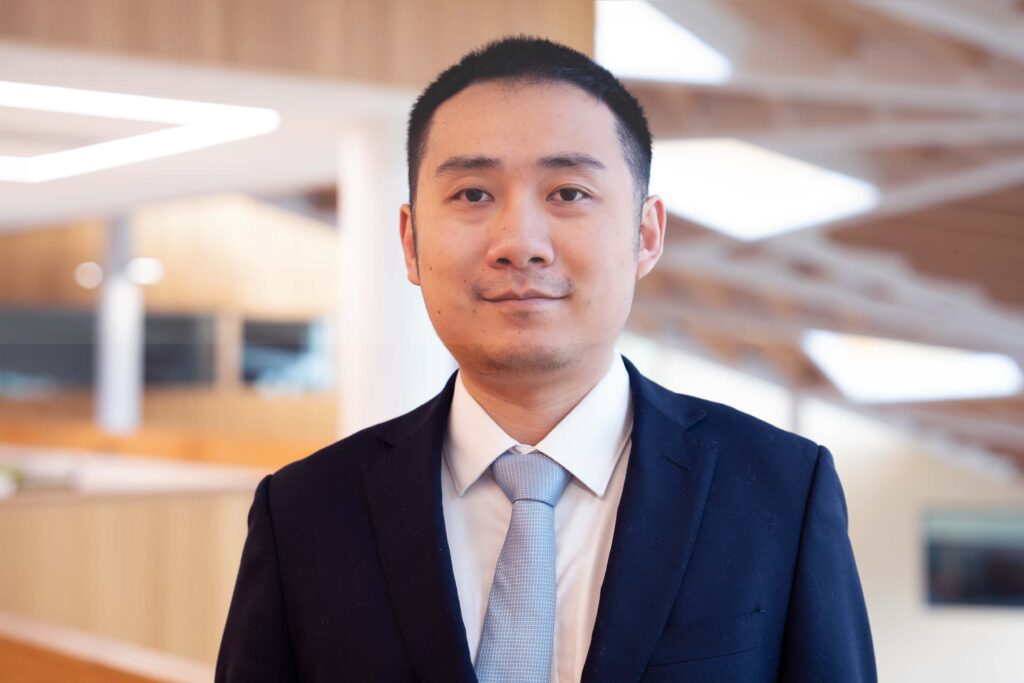
Dr Yao Shi
Post Doctoral Research Assistant at City, University of London
Yao Shi is a post-doctoral researcher for the finance theme of the UK National Clean Maritime Research Hub, co-funded by the Engineering and Physical Sciences Research Council (EPSRC) and the Department for Transport. Her research focuses on the finance and economics aspect of decarbonization of the shipping industry.
She holds a PhD degree in Science and Technology Policy from the Science Policy Research Unit in Sussex University. She has been working for the digital society theme of the Centre for Energy Demand Solutions (CREDS) for four years, which was funded by EPSRC. Her previous research investigated how ICT influences energy demand with a focus of two topics: teleworking and firm ICT-related behaviours.
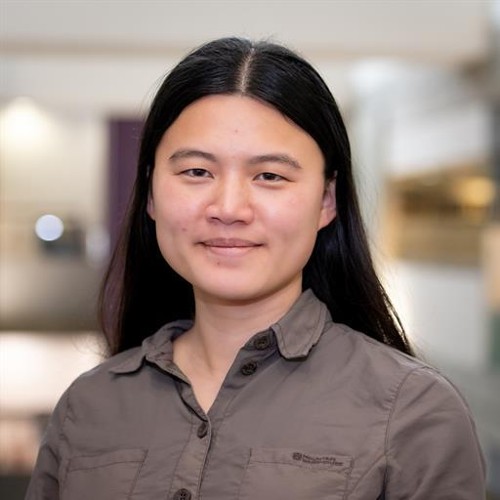

Prof Patricia Thornley
Director of EBRI, Energy and Bioproducts Research Institute
Patricia Thornley works in assessing the environmental, economic and social imapcts of renewable energy technologies, particularly bioenergy systems. She has experience of working in the commercial sector in power generation as well as in academia. She leads the EPSRC SUPERGEN Bioenergy hub (www.supergen-bioenergy.net) and is editor-in-chief of the Elsevier journal Biomass and Bioenergy.
Areas of Expertise: Chemistry, Supergen Project, Climate Change, Bioenergy, Environmental Sciences
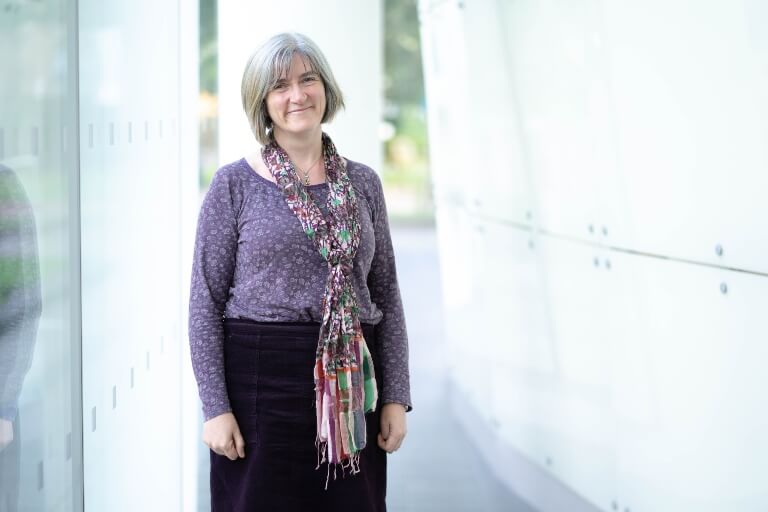
Professor Alasdair Cairns
Chair in Propulsion Systems, Faculty of Engineering at University of Nottingham
Professor of Mechanical Engineering with a background in low carbon propulsion systems within both academia and industry.
Expertise: Hybrid propulsion systems integration, Low carbon engines and fuels (heavy duty and light duty, hydrogen, ammonia, bio and synthetic fuels), Powertrain thermal management (e-machine, batteries, IC engines), Advanced combustion systems (HCCI/CAI, turbulent jet ignition, dual fuel), Sustainable electrical machines and drives (design, operation, manufacture.

Professor Andrew Smallbone
Professor, Deputy Director of Research in the Department of Engineering
Andrew is the Director of the EPSRC Network+ on the Decarbonisation of Heating and Cooling, Co-Director of the EPSRC Network+ on Hydrogen for Transportation (Network-H2), a Fellow of the Durham Energy Institue (DEI) and a Professor in the Department of Engineering.
He leads multi-disciplinary research teams on the decarbonisation of energy, heat, transport and industry. His expertise is in techno-economic evaluation and advanced numerical modelling as well as the development of novel engineering prototypes and hardware demonstrations.

Professor Athanasios (Thanos) Tsolakis
Director of Research for the School of Engineering and Head of Clean Energy Engineering Research Group at University of Birmingham.
PhD, CEng, FIMechE, FHEA, James Watt Research Chair, Director of Research for the School of Engineering and Head of Clean Energy Engineering Research Group at the University of Birmingham. He is a member of the MaRes Hub EDI Action Group.
Research interests:
Research interests are focused on low and carbon-free energy carriers, hydrogen and ammonia utilisation in power generation and combustion, heat recovery and use of CO2 in H2 production and catalysis. Has Industrial and Academic expertise for more than 25 years in environmental catalysts, exhaust gas-assisted fuel reforming and ammonia cracking for on-board hydrogen production and combustion.
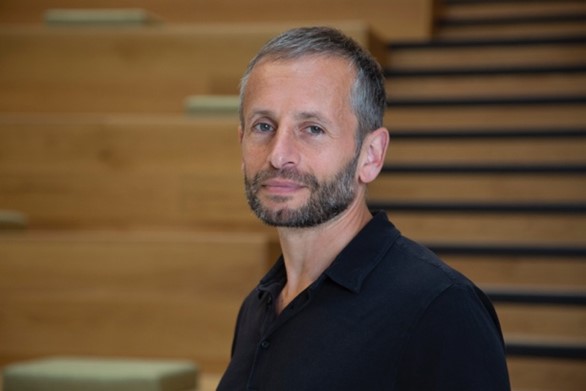
Professor Chris Gerada
Professor of Electrical Machines at University of Nottingham
Chris Gerada received the Ph.D. degree in numerical modeling of electrical machines from The University of Nottingham, Nottingham, U.K., in 2005. He subsequently worked as a Researcher with The University of Nottingham on high-performance electrical drives and on the design and modeling of electromagnetic actuators for aerospace applications. In 2008, he was appointed as a Lecturer in electrical machines; in 2011, as an Associate Professor; and in 2013, as a Professor at The University of Nottingham. His main research interests include the design and modeling of high-performance electric drives and machines. Prof. Gerada serves as an Associate Editor for the IEEE TRANSACTIONS ON INDUSTRY APPLICATIONS and is the past Chair of the IEEE IES Electrical Machines Committee.
He has secured major industrial, European and UK grants, authored more than 200 papers and has been awarded a Royal Academy of Engineering Research Chair to consolidate research in the field.
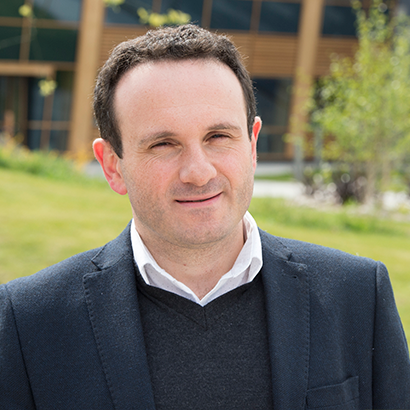
Professor Dmitriy Makarov
HySAFER Centre at Ulster University
Specialism in hydrogen safety engineering and Computational Fluid Dynamic (CFD) modelling of hydrogen thermal and pressure hazards. Essential contribution to establishing HySAFER Centre as a centre of excellence in hydrogen safety.
Co-author of a number of hydrogen safety guidelines, breakthrough leak-no-burst safety technology for high-pressure hydrogen storage (EU patent application No.18706224.5).
Contribution to teaching in hydrogen safety area (PGCert in Professional Development at Ulster University, Joint European Summer School organised by Birmingham University). Supervision and co-supervision of 13 PhD students. Co-investigator in totally 21 projects. Total number of publications 100+.
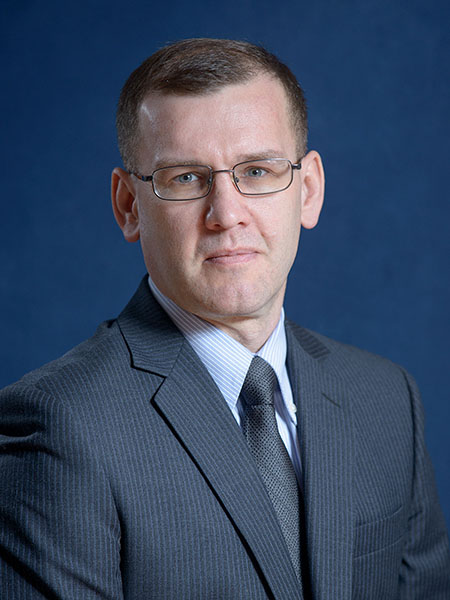
Professor Dongping Song
Chair of Supply Chain Management at University of Liverpool Management School
Dongping Song (Senior Member of IEEE and member of CILT) is a Chair of Supply Chain Management at University of Liverpool Management School. He is an Associate Editor for Transportation Research Part E and International Journal of Shipping and Transport Logistics.
His research interests include applying data analytics and mathematical modelling to supply chain, logistics and transportation systems, especially in maritime sectors, for operational efficiency and emission reduction. His research has been funded by EPSRC, ESRC, Royal Society, British Council, Innovation Launchpad Network+, European Commission.
He has published 50 refereed articles and 2 monographs in maritime areas.
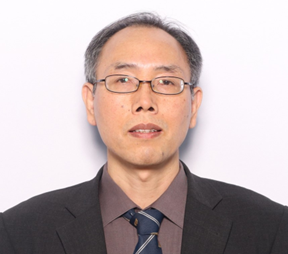
Professor John Irvine
Professor, School of Chemistry at University of St Andrews
John Irvine CBE, FRSE, FRSC has made unique and world-leading contributions to the science of energy materials, especially fuel cell and energy conversion technologies. This research has ranged from detailed fundamental to strategic and applied science and has had major impact across academia, industry and government. Irvine’s science is highly interdisciplinary extending from chemistry and materials through physics, bioenergy, geoscience, engineering, economics and policy.
The quality and impact of Irvine’s research has been recognised by a number of national and international awards, including the honour of the Commander of the Order of the British Empire(CBE) in the Kings Birthday Honours List 2024, the Royal Society’s Hughes Medal in 2021, the Lord Kelvin Medal from the Royal Society of Edinburgh in 2018, the Schönbeim gold medal from the European Fuel Cell Forum in 2016, the RSC Sustainable Energy Award in 2015, and earlier RSC recognition by being awarded the Bacon and Beilby awards.
Highlights of Irvine’s activities include discovery of the Emergent nanomaterials phenomenon, establishing the field of oxide fuel electrodes, delivering high performance direct carbon fuel cells and demonstration of significant hydride ion conductivity. Other important achievements relate to photocatalysis, lithium ion batteries, non-stoichiometric oxides, Structure/ Property/Function, catalysis and electrocatalysis and bioenergy.
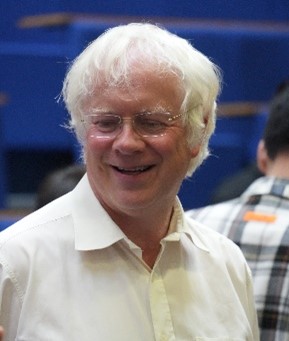
Professor Pengfei Liu
Professor of Marine Hydrodynamics at Newcastle University
Pengfei Liu is currently the Professor of Marine Hydrodynamics at Newcastle University, the Lead of Theme 4 of the Flagship UK National Clean Maritime Hub Project. He is a Fellow of American Society of Naval Architects and Marine Engineers, a Fellow of Royal Institute of Naval Architects, and a Fellow of the Canadian Academy of Engineering.
Pengfei obtained a B.Eng. in Naval Architecture and Ocean Engineering at Wuhan University of Technology and M.Eng. and PhD degrees at Memorial University of Newfoundland, respectively. He served as Senior Research Officer for National Research Council Canada (NRC) for about 20 years.
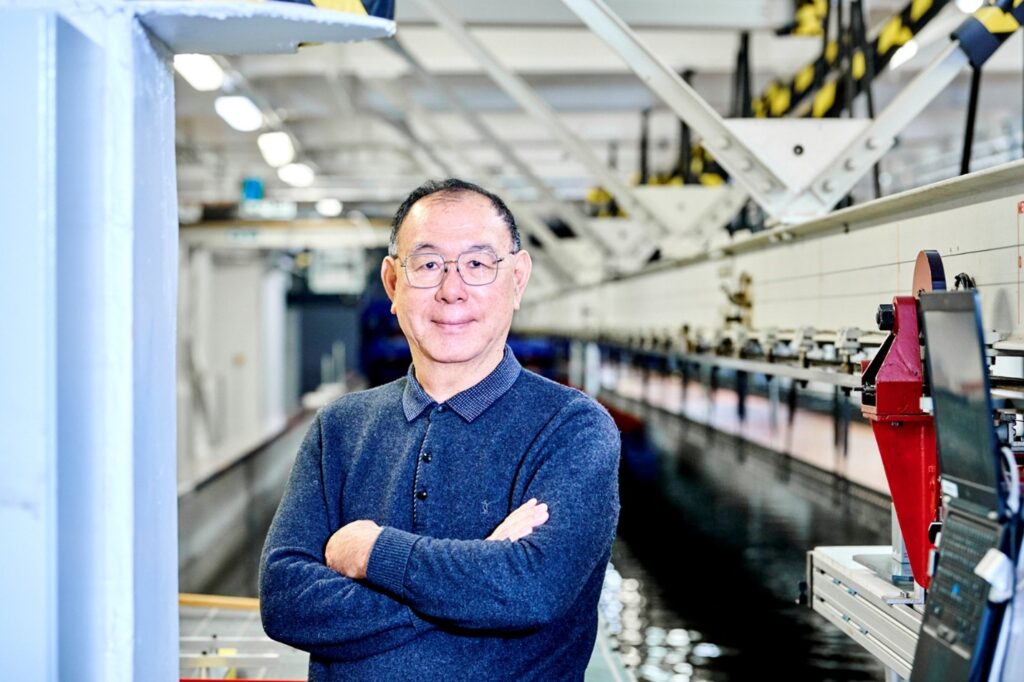
Professor Pietro Tricoli
Professor of Power Electronics Systems at University of Birmingham
Professor Pietro Tricoli is Professor of Power Electronics Systems at the University of Birmingham and holds a PhD in Electrical Engineering from the University of Naples Federico II, Italy.
His research interests are in advanced power conversion systems and electrical energy storage for automotive, railway, and maritime power systems. He has over 150 research publications in international scientific journals and conference proceedings, as well as 2 book chapters and one university textbook in power electronics, electric machines and drives.
Professor Tricoli is senior member of IEEE, member of the IEEE Industrial Electronics Society, the Energy Institute and the IET Midlands Power Group and currently serves as Deputy Editor in Chief of the IET journal Renewable Power Generation, and Web & Publication Chair of the IEEE International Conference on Clean Electrical Power.
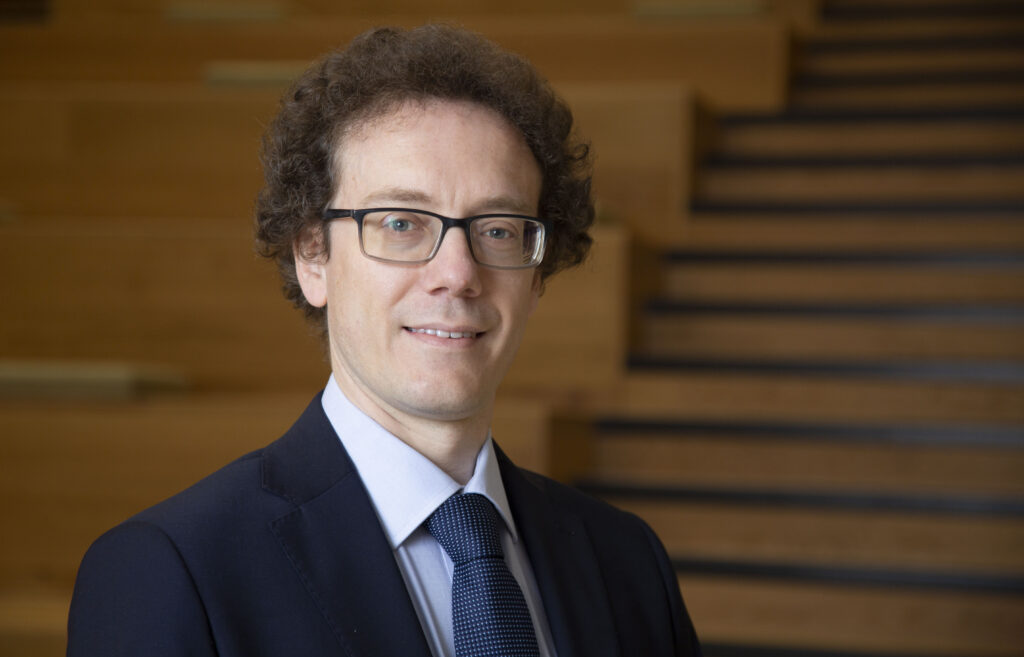
Professor Rachael Rothman
Professor of Sustainable Chemical Engineering at University of Sheffield
Rachael is Professor of Sustainable Chemical Engineering, Director of the South Yorkshire Sustainability Centre, Co-Director of the Grantham Centre for Sustainable Futures, Co-Director of the UK Hub for Research Challenges in Hydrogen and Alternative Liquid Fuels, Lead of the Life Cycle Assessment Regulatory Science and Innovation Network and Academic Lead for Sustainability at the University of Sheffield.
Rachael is a thought leader in sustainability, regularly engaging with policy makers, the media and the public. Her research expertise lies in development and analysis of sustainable processes and systems. She has a background in large scale hydrogen production and carbon dioxide utilisation and has more recently worked on the sustainability of Foundation Industry processes, plastics and packaging. Rachael leads projects that take an interdisciplinary, whole systems approach to developing routes to net zero and zero waste, combining insights from engineering, psychology, linguistics, sociology and the physical and biological sciences.
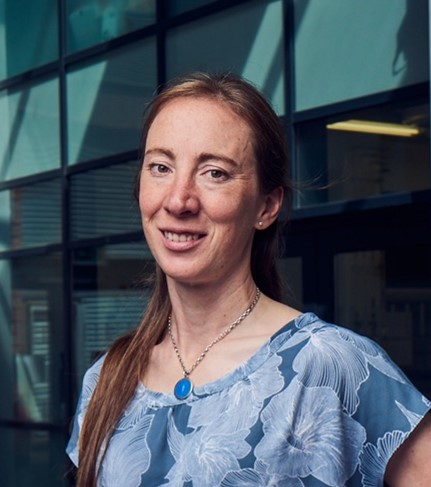
Professor Tony Roskilly
Professor in the Department of Engineering, Director in the Durham Energy Institute at Durham University
Professor Tony Roskilly is Chair of Energy Systems at Durham University and has 30 years of experience in the design, control, and operational optimisation of energy systems and energy management. Professor Roskilly is a Director of Durham Energy Institute, leading on Industrial and Internationalisation Strategy, and is the UK representative for the European Energy Research Alliance (EERA) Joint Programmes for Energy Efficiency in Industrial Processes (EEIP) and Energy Systems Integration (ESI).
He is Associate Director of the National Centre for Energy Systems Integration and leads the research programme on infrasturcture and storage. Professor Roskilly was formerly chair of Marine Engineering, Director of the Sir Joseph Swan Centre for Energy Research, Director of Research at Newcastle Institute for Research on Sustainability, and Dean of Research for the Faculty of Science, Agriculture and Engineering at Newcastle University.
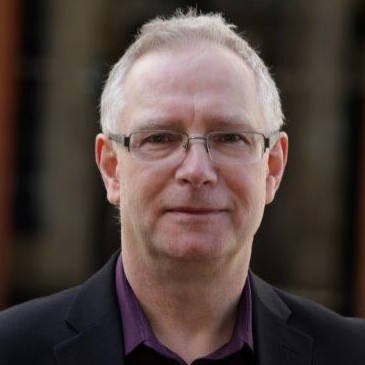
Professor Vladimir Molkov
Professor of Fire Safety Science at Ulster University
MSc Quantum Radiophysics; PhD Chemical Physics; DSc Fire and Explosion Safety.
Fellow of HEA, Cartered Engeneer, Fellow of EI, Chartered Energy Engineer. Director of Hydrogen Safety Engineering and Research Centre at Ulster University, a key providers of hydrogen safety research and education globally. Chair of Education Committee of International Association for Hydrogen Safety. Member: UN GTR#13, SGS; ISO/TC197 Hydrogen Technologies; CEN/CENELEC/JTC6 Hydrogen in Energy Systems; IEA Task 43 Hydrogen Safety; etc. Coordination and contribution to 42 national and EU projects in hydrogen safety with income £12M. 400+ publications, e-Book “Fundamentals of Hydrogen Safety Engineering” (www.bookboon.com), 15 inventions.

Professor Yaodong Wang
Professor in the Department of Engineering at Durham University
Professor Yaodong Wang is an active researcher working on energy systems.
Yaodong has conducted research on “Optimising the operation of a large two-stroke marine engine for slow steaming”; and “Investigation of ‘slow steaming’ operation on the performance and fuel consumption of a ship”. He has taught MSc marine engineering for over 10 years in the past.
Research expertise/interest:
- Biofuel or biomass trigeneration/cogeneration with energy storage;
- energy systems such as wind, solar; biomass, biomass/coal thermal power plants;
- Miller Cycle diesel engines;
- biofuel petrol/diesel engine;
- organic Rankine cycle;
- thermal energy management; energy saving using passive and active methods.

Professor Ying Xie
Professor of Supply Chain Analytics Logistics, Procurement and Supply Chain Management at Cranfield University
Ying Xie specialises in data analysis, machine learning models, transport decarbonization, and logistics modelling and simulation. Her work supports stakeholders in the maritime sector by accelerating transition towards decarbonisation through upscaling the adoption of clean energy and improving operational efficiency.
She is the Co-I for several related EPSRC funded projects, contributing to the decarbonisation of transport. Her accomplishments include the creation of an AI driven decision making tool, which could improve operational efficiency and resilience at the Port of Felixstowe. She leads the Co-Innovation methodology and impacts group in the EPSRC funded UK National Clean Maritime Hub. She also leads the academic and research activities in the EPSRC CDT in Net Zero Aviation.
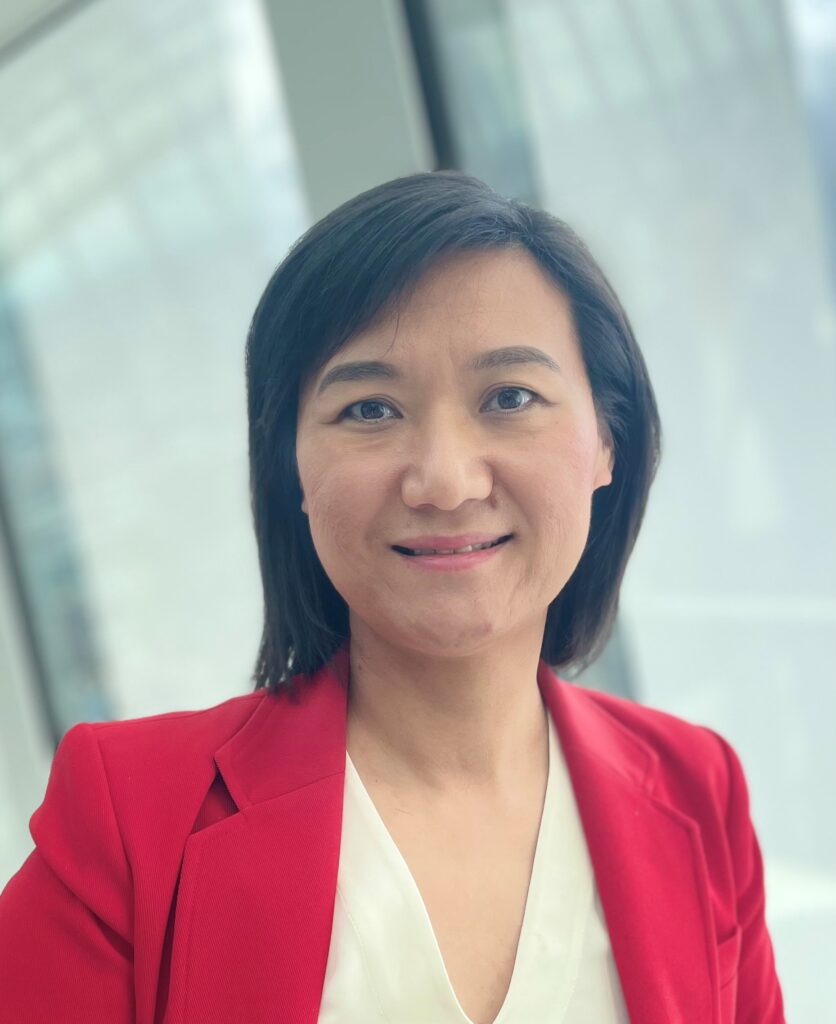
Professor Zhiqiang Hu
Lloyds Prof of Offshore Engineering at Newcastle University
Prof. Zhiqiang Hu is the Lloyd’s Professor of Offshore Engineering and the Head of the Marine, Offshore, and Subsea Technology Group at the School of Engineering, Newcastle University. He earned his bachelor’s degree in Ship Engineering, as well as his master’s and doctoral degrees in Naval Architecture and Ocean Engineering, from Shanghai Jiao Tong University.
Prof. Hu serves as Deputy Editor of the Journal of Ocean Engineering and is a member of the ISSC V.6 committee and the Royal Institution of Naval Architects (RINA). His research focuses primarily on offshore renewable energy, offshore hydrodynamics, and the collision and grounding of ships and offshore structures.
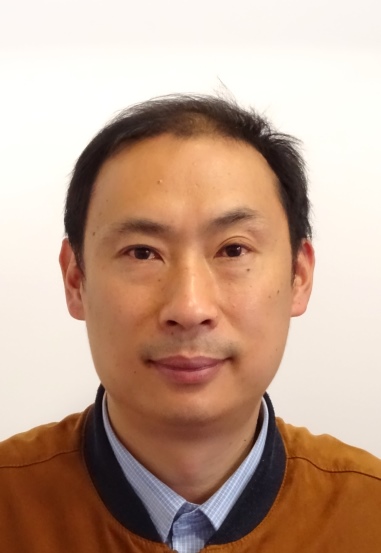
Rachel Simpson
Manager of the Clean Maritime Research Hub
Rachel has worked at Durham University since April 2010 in a number of different roles, all supporting research at Durham.
Her first role was as the Administrator for the Centre for the History of Medicine and Disease before working as a Project Officer in the Department of Biosciences, and then as a Research Grants and Contracts Manager in the Research and Innovation Services supporting funding applications and contract activity.
Rachel moved to the Department of Engineering as a Project Manager in 2021, as a Special Projects Manager for Research and Operations, supporting the Thermal Energy Systems Group. She was appointed as the Manager of the Hub in 2023.
